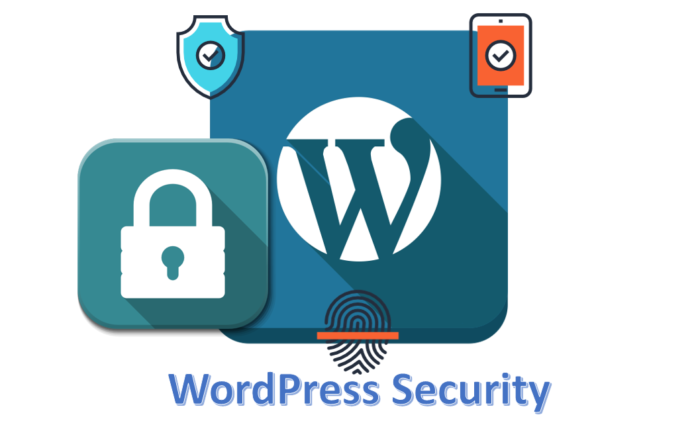WordPress, the powerhouse behind a significant portion of the internet, has released a crucial security update, version 6.3.2. In this article, we’ll delve into the specifics of this update, exploring the vulnerabilities it addresses and why every WordPress user should promptly implement it.
Introduction
WordPress, with its user-friendly interface and extensive customization options, is the preferred platform for millions of websites. However, this popularity also makes it a prime target for cyber threats. Security updates are the armor that protects your WordPress site from potential vulnerabilities.
{Google Confirms Google Sites SEO Limitations}
Understanding Vulnerabilities
Before we delve into the WordPress 6.3.2 update, let’s understand what vulnerabilities are and the potential risks they pose to your website. Vulnerabilities are weaknesses in the software’s code that malicious actors can exploit to gain unauthorized access or disrupt its normal functioning.
The Significance of WordPress 6.3.2 Update
WordPress 6.3.2 is not just another routine update; it’s a security patch addressing eight critical vulnerabilities. In a digital landscape where cyber threats are evolving, staying ahead with the latest security updates is paramount to the health of your website.
Overview of the 8 Vulnerabilities
Let’s dissect the eight vulnerabilities patched by WordPress 6.3.2. From SQL injection to cross-site scripting, each vulnerability poses a unique threat. Understanding these risks is crucial for appreciating the urgency of the update.
How Vulnerabilities Can Be Exploited
Knowledge is power, and understanding how vulnerabilities can be exploited arms you against potential threats. We’ll explore common exploitation methods and provide real-world examples to illustrate the gravity of these risks.
The Impact on Website Security
A compromised website can have severe consequences, ranging from data breaches to loss of user trust. In this section, we’ll discuss the tangible impacts of a security breach and why preventive measures are non-negotiable.
Step-by-Step Guide to Update WordPress
Implementing the WordPress 6.3.2 update is a straightforward process, but many users hesitate due to fear of compatibility issues. In this section, we provide a step-by-step guide to updating WordPress seamlessly.
Ensuring Compatibility with Plugins and Themes
Compatibility concerns often deter users from updating their WordPress installations promptly. Here, we’ll discuss best practices for ensuring compatibility with plugins and themes, ensuring a smooth transition.
Backups: A Safety Net
Before embarking on any major update, creating backups is your safety net. We’ll outline the importance of backups and guide you through the process of creating reliable backups for your WordPress site.
WordPress Security Best Practices
Beyond updates, proactive security measures are essential. We’ll touch upon general security best practices and specific steps you can take to fortify your WordPress site against potential threats.
Common Misconceptions about WordPress Security
In this section, we debunk common myths and misconceptions surrounding WordPress security. Separating fact from fiction is crucial for making informed decisions about your website’s safety.
User Experiences with the Update
Real-world user experiences provide valuable insights into the update process. We’ll share positive stories and address common challenges users face, offering a comprehensive view of the update’s impact.
Community Response and Involvement
The WordPress community plays a vital role in the platform’s security. We’ll highlight how the community responds to vulnerabilities and discuss the importance of users actively participating in reporting potential threats.
Future of WordPress Security
The journey doesn’t end with the 6.3.2 update. We’ll explore ongoing efforts to enhance WordPress security and provide a glimpse into what users can expect in future updates.
Conclusion
In conclusion, the WordPress 6.3.2 security update is not just a patch; it’s your shield against evolving cyber threats. Regular updates, combined with proactive security measures, are the foundation of a robust defense against potential vulnerabilities.
Frequently Asked Questions
How often should I update WordPress for security?
Regular updates are crucial. Aim for updating every time a new version is released, especially if it addresses security concerns.
Can I update WordPress without affecting my plugins and themes?
While updates are generally smooth, it’s advisable to check for compatibility to avoid disruptions. Create backups before updating for added security.
Are there any risks associated with not updating WordPress?
Yes, running outdated versions exposes your site to known vulnerabilities, making it an easy target for malicious actors.
How can I contribute to WordPress security?
Actively participate in the WordPress community, report vulnerabilities responsibly, and stay informed about best security practices.
What should I do if I encounter issues during the update?
If you face challenges during the update, refer to the WordPress support forums or seek assistance from your hosting provider for guidance.



